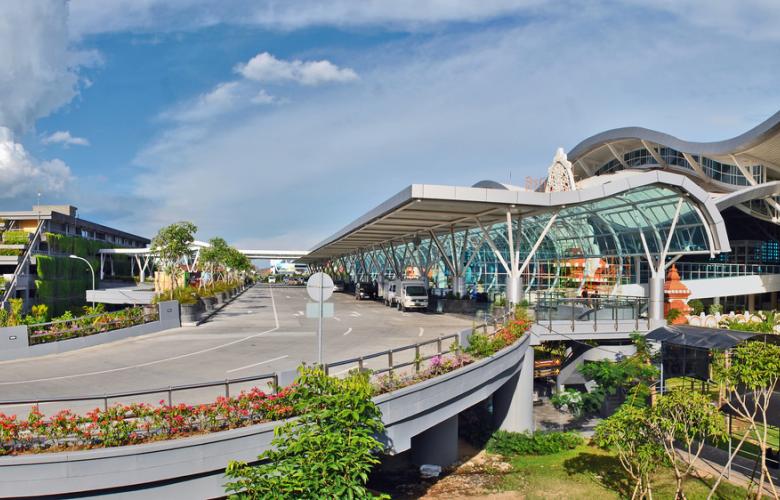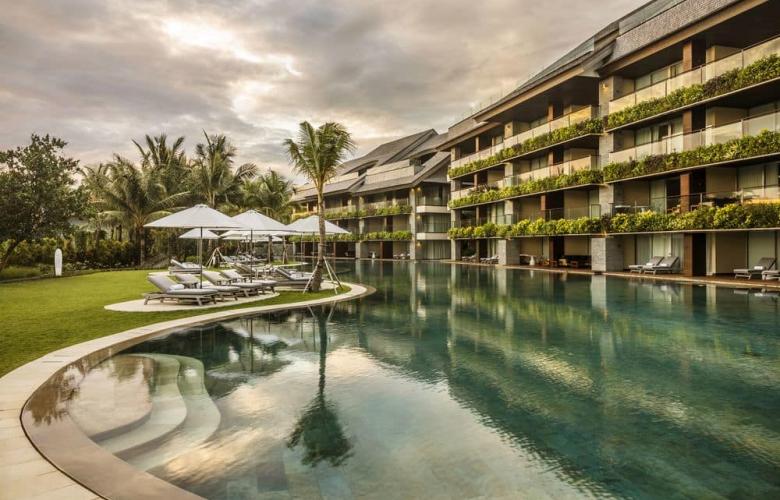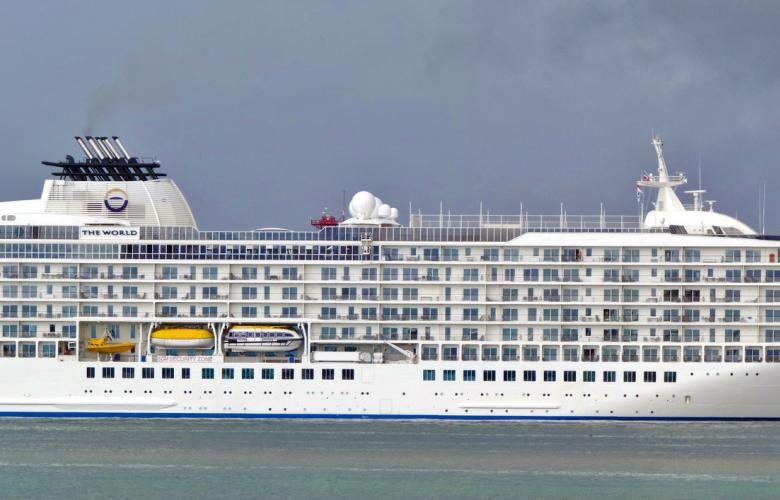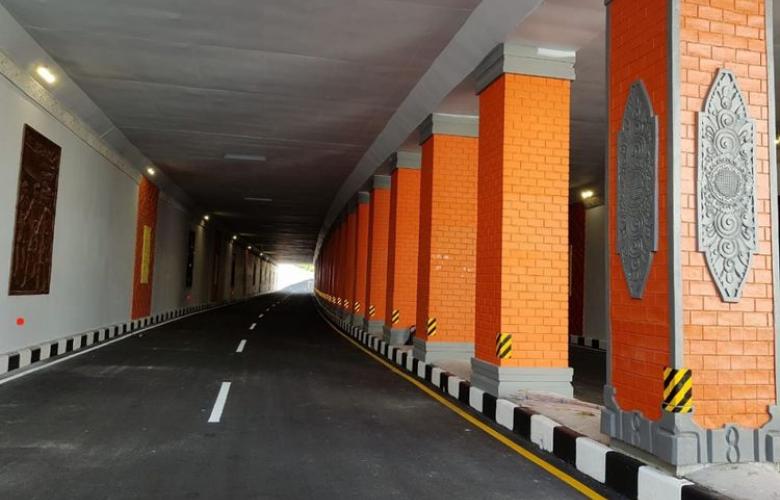According to figures released by Bali's Central Bureau of Statistics (BPS), there was a 6.24 percent growth in Bali's economy in Q3/2018. Head of BPS in Bali, Adi Nugroho, was upbeat on the news telling Bisnis "Growth year-on-year (yoy) and from the second quarter to the third quarter, signals that the Balinese economy is growing happily."
An important factor to consider in this growth is construction, which was 11.77 percent and absorbed much of the lost revenue that occurred after Lombok's devastating and tragic earthquakes.
Adi explained Bali's construction growth, which began in Q2/2018 was intrinsically tied into various infrastructure developments related to the preparations of the recent IMF- World Bank Annual Meetings on 8-14 October.
These included the new aprons and parking at Ngurah Rai International Airport, Ngurah Rai underpass and the widening of Jalan Imam Bonjol in, Denpasar, which is still ongoing.
In addition to construction, other business services also experienced reasonably high growth, including Health and Social Activity services, which grew by 9.16 percent according to BPS.
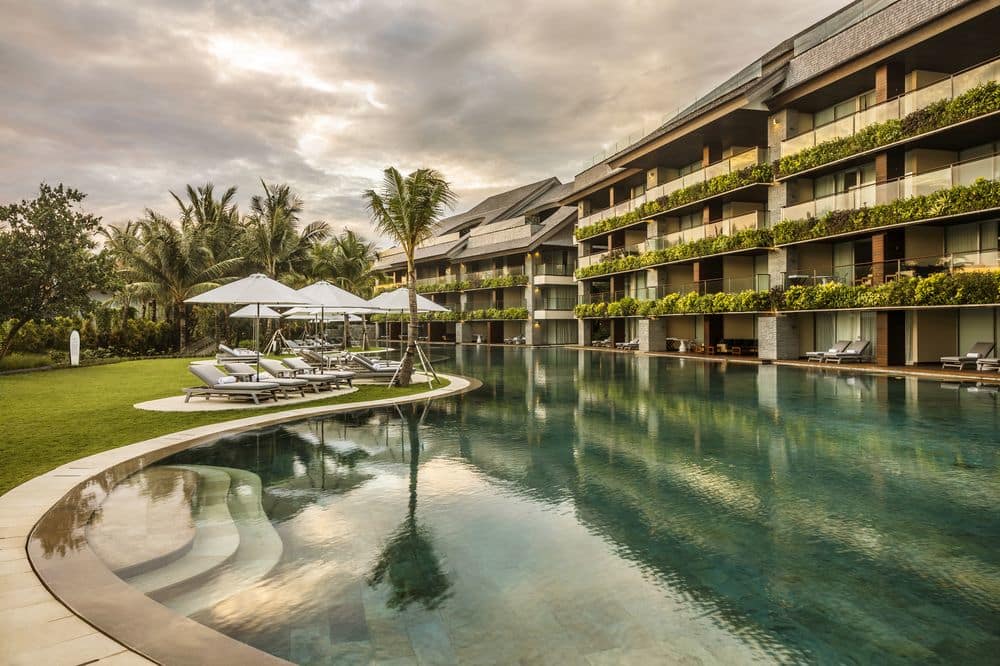
Como UMA in Canggu is one of Echo Beach's leading luxury resorts.
It is construction however, that has some of the greatest potential in Bali's future.
According to Colliers International, fifteen new 4 and 5-star hotels have either been completed or are under construction in 2018 including the Hyatt Regency in Sanur, the Jumeirah in Pecatu and the Como UMA in Canggu. 2019 will see the completion of more luxury properties including: The Waldorf Astoria in Uluwatu, the Shangri-La in Nusa Dua and the Swissotel Bali in Pandawa.
Infrastructure projects are also an important part of the construction boom.
At the time of writing, and according to the Belt and Road Summit, those projects slated for development include a new airport in North Bali, an international container port and cruise ship port also in North Bali, a number of flyovers and toll roads, a clean water treatment plant in East Bali and a 600MW Gas Power Plant in West Bali, although no time frames have been attached to these projects yet.
With such a rapid rate of development it would be easy to ignore some of the fundamentals necessary to maintain sustainable growth but it is critically important that both central and local governments do not make this mistake.
The truth is, Bali has a problem with its water, its waste management, its traffic and its power supplies. Local communities are being pushed aside in the name of progress or ignored in terms of opportunities and education needs an overhaul.
Andrzej Barski, Principal of Harcourts Seven Stones told WILLIAMS MEDIA that "these issues are serious and need to be addressed by all stakeholders so that future generations can continue to enjoy Bali's beauty, growth and success. The world is changing and so should the way we do business. We need to run ethical businesses and encourage sustainable initiatives. It's a big ask, but it's not impossible. It just needs a change of mindset!"
Sources: Tempo, Kompas, Nusa Bali, Bisnis, Colliers International, BPS Bali, Belt and Road Summit, Hyatt Regency, Como UMA, Waldorf Astoria, Shangri-La, Swissotel, Gapura Bali
Similar to this:
Is Bali's political will turning green?
Tri Hita Karana Roadmap: Blended Finance for Better Business
A first in Bali: turning trash into alternative energy

